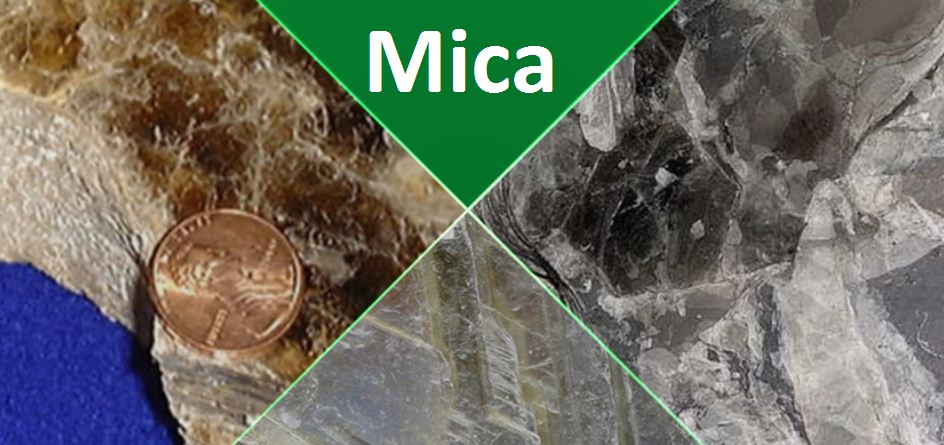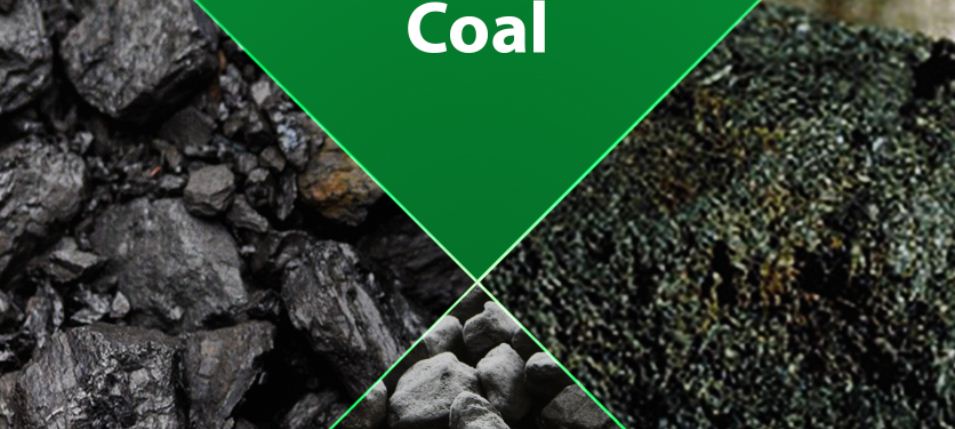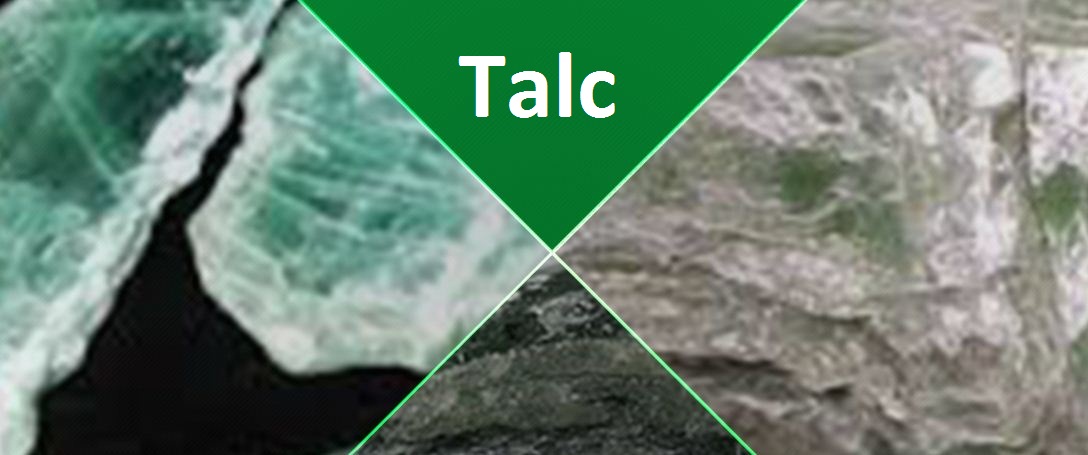List Of Nigerian States With Marble Rock Deposits
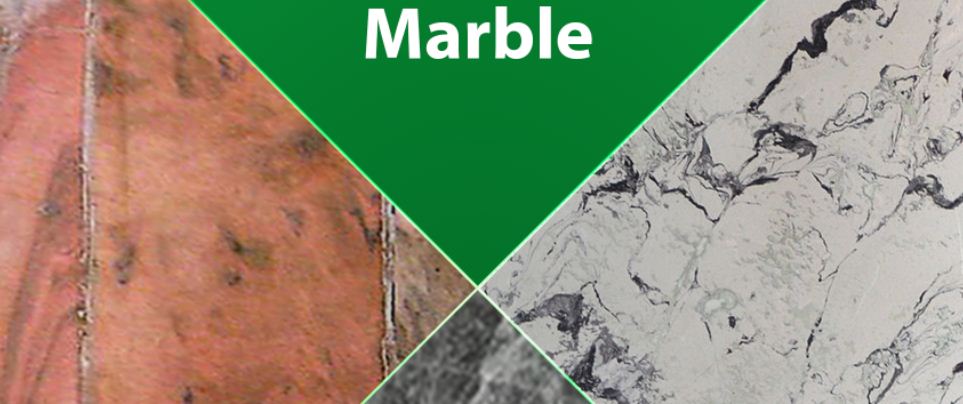
Marble Deposits - In Nigeria, Africa, and globally, marble has a wide range of industrial applications, it is extensively deposited throughout the country but is majorly found in Abuja (FCT), Katsina, Oyo, Benue, Kogi, Kwara, Plateau, and Rivers State.
Just like quartzite, marble is also a metamorphic rock with a non-layered appearance (non-foliated) composed of recrystallized carbonate minerals which are most commonly calcite (CaCO3) or dolomite, with minor ones such as pyrite, clay minerals, micas, iron oxides, quartz, and graphite.
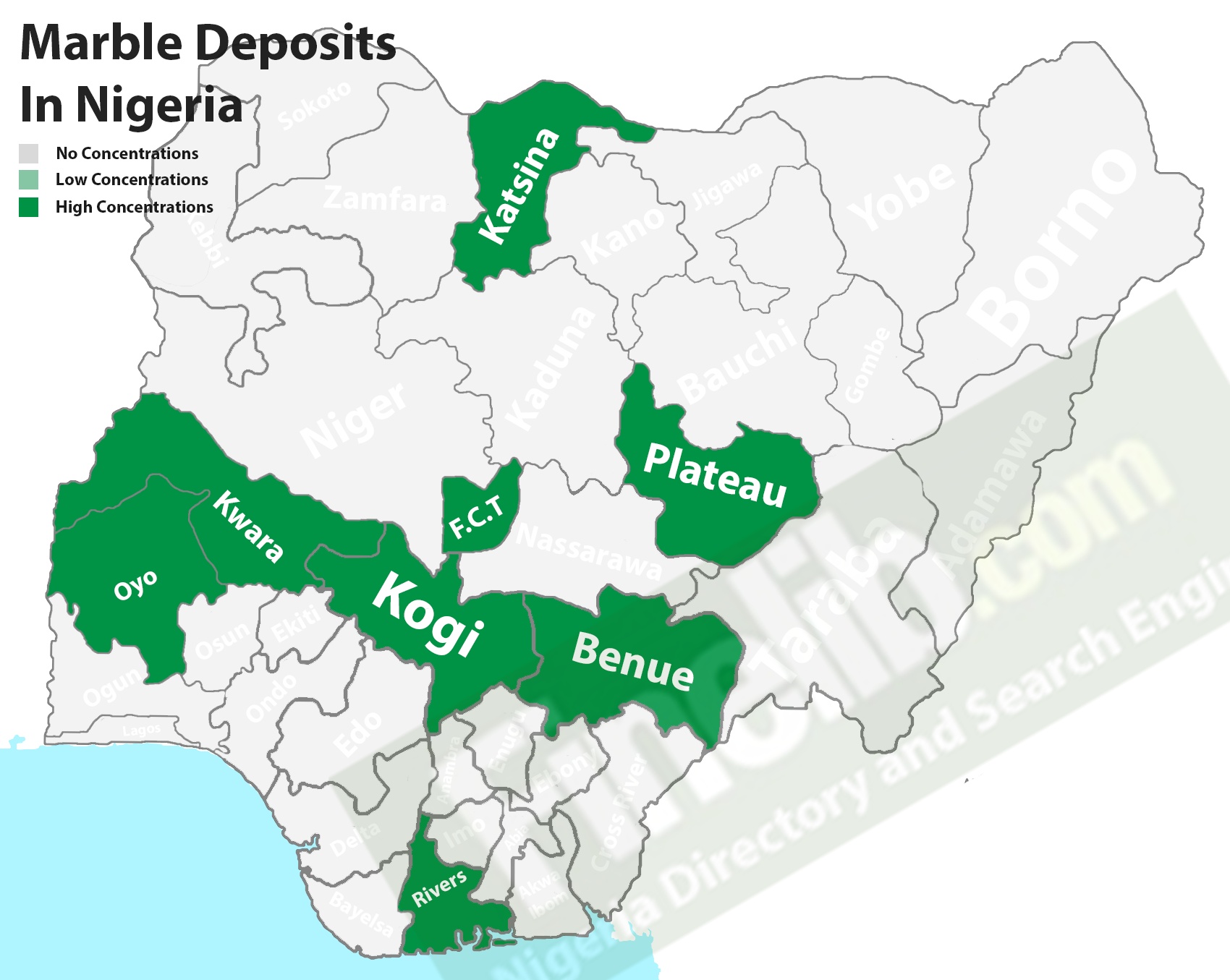
Marble rock is light-colored but changes to white when being formed from limestone that has a minimal amount of impurities.
Marble is formed when limestone is subjected to heat and pressure due to alteration or change in its composition resulting first in tiny calcite crystals but grows larger and tightly fitted together as the metamorphic process continues.
For the separation of limestone and marble, marble with small calcite crystals will be exposed to low levels of metamorphism.
And this makes the crystals grow larger as the heat and pressure change thereby causing the clay minerals present in the marble to change to micas and even to more complex silicate structures as the level of metamorphism increases, this process is known as Recrystallization.
There are well-known companies in Nigeria that are into the marbles quarrying such as Salimonu Company Nigeria Limited etc., and numerous others that deal and supply all kinds of marbles for flooring, etc., such as Bluestar Marbles, Maldini Granite and Marbles Limited, Goshen Marble Nigeria and more.
In as much as the deposits of marble is vast in Nigeria, West Africa it still doesn’t meet the people’s demand and to solve this issue, it is necessary to find out other places of deposit in order to increase the supplies, and even through effective exploration and exploitation, the country can also complement her earnings from foreign exchange and also develop the investment opportunity in the country.
Uses of Marble
- Marble is an industrial rock that is popularly used in building and construction, such as sculpture and monuments, railroad beds, paving, highways, and other types of construction projects.
- Marble powder is used in paint as a coloring agent and filler as well, and also in cosmetics, putty, plastic, grout, paper, and other manufactured products.

